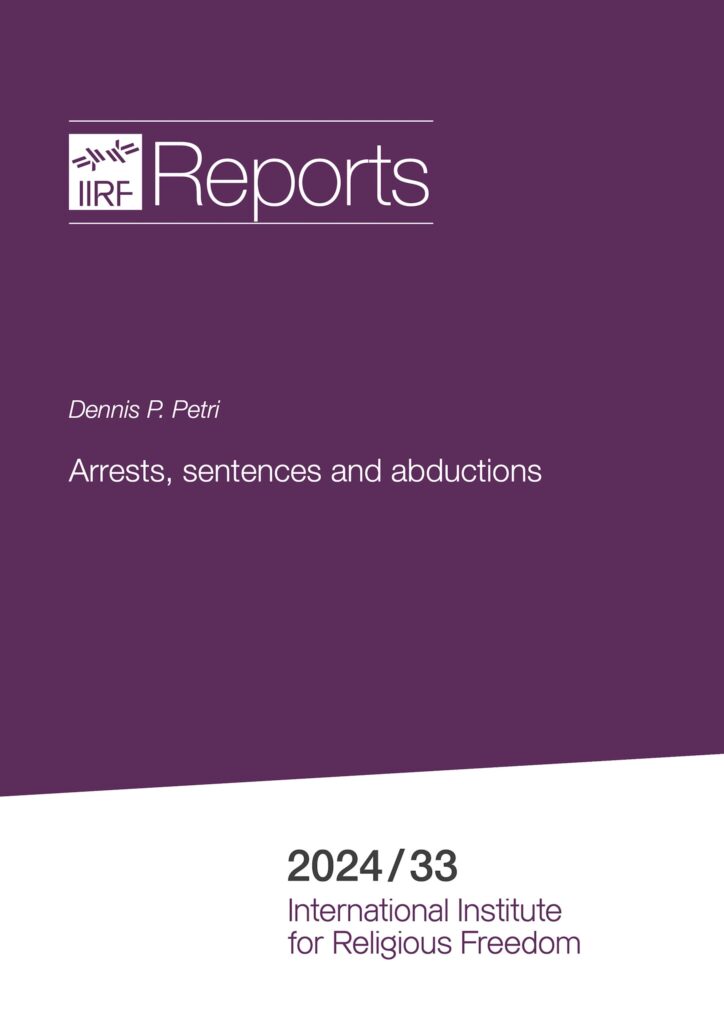Arrests, in particular, are a favored tactic of hostile governments to intimidate religious leaders who are perceived as threats. Psychological research indicates that even short-term arrests are highly intimidating, both for the individuals detained and their social circles. Even when arrests do not result in actual sentences, the ongoing threat of arrest is deeply unsettling.
One reason arrests are often so intimidating is that the victims, their families, and their congregations (in the case of religious leaders) are not informed of the duration of the detention. According to international law norms, arrests without a judge’s warrant cannot extend beyond 48 hours.
Surprisingly, many authoritarian governments adhere to this rule, likely to avoid negative international scrutiny, even though they may resort to repeated arrests. Empirical research on Cuba indicates that arrests of religious leaders are far less frequent today than in the early decades after the communist revolution. However, this does not signify an easing of restrictions; rather, sporadic imprisonments, especially their arbitrary and unpredictable nature, serve as reminders of boundaries that must not be crossed. This is deeply unsettling for religious groups, as confirmed by interview research.
